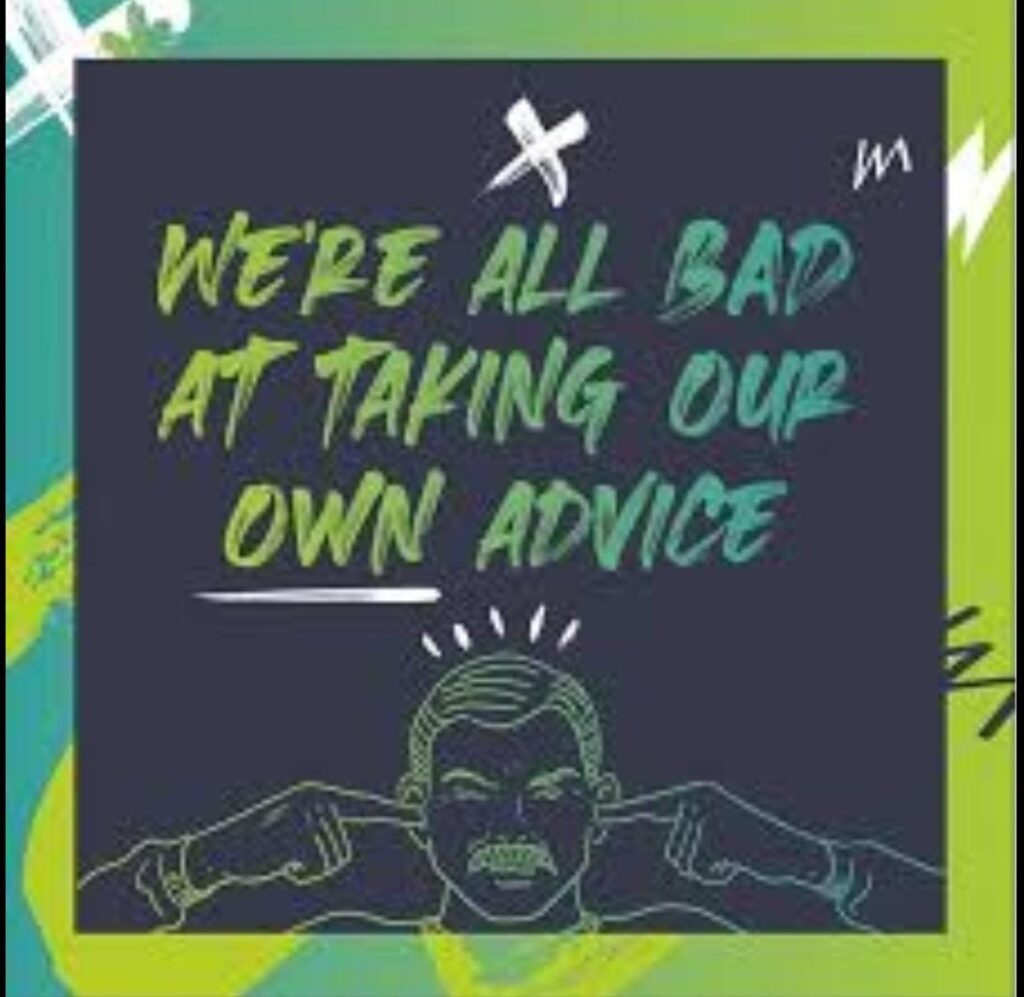06th April, 2023
Simply put, you can give great advice to others but struggle to apply that same advice to your own life.
It can be frustrating when you feel like you know what you should be doing but you’re actually not doing it.
King Solomon, the third leader of the Jewish Kingdom, is thought of as a sage and a man of great wisdom.
People traveled great distances to seek his counsel.
But what’s not remembered quite as well is that his personal life was not so pretty.
He made bad decisions repeatedly, had uncontrolled passion for money and women, and neglected to instruct his only son, who went on to ruin the kingdom.
Hence the name, Solomon’s Paradox.
Plenty of wisdom for others; but not for oneself.
Even in our mythology, One of the most disturbing stories that we find in the Puranas is the story of Krishna’s son Samba.
Krishna is a friend, philosopher and guide to Arjuna, but the only stories of father and son are of tension, rage and violence.
There is the story of Samba pretending to be a pregnant woman and duping sages who were visiting Dwaraka. The sages were not amused and cursed Samba that he would give birth to an iron mace that would be responsible for the end of the Yadu clan.
Must not Krishna’s son be as noble and divine and wise and loving as Krishna?
Many great Krishnas in the workplace discover that they have nurtured a Samba at home.
But is this really true of us living in the 21st century? Do we really think more wisely about other people’s problems than our own?
Our ability to reason about other people’s lives and problems while not being able to do so for ourselves has been dubbed the “Solomon’s Paradox,” and the phenomenon has been studied extensively by social scientists.
Research supports the idea: We really are better at understanding and solving other people’s problems than we are at tackling our own. We are able to take a look at someone in a toxic relationship and see that they would be better off if they left and make a realistic plan for their graceful exit.
We are able to envision how a person’s life should be, and the steps it would take to get there.
But when it comes to our own lives, things get more complicated. We stay in unrewarding jobs, make foolish financial decisions, and stick around in dead-end relationships until the bitter end.
One way to avoid this paradox & gain personal Solomonic wisdom is journaling.
Write things down, but just the facts.
Remember, you’re not trying to entertain someone else, no one is going to read this but future-you, so just keep an accurate record of your experiences.
Then, let it sit for a few weeks. When your journal has had time to mellow, clear your mind of distractions and read it as if you were reading a novel written from a first-person perspective.
Ask yourself what you would advise the main character to do.
To avoid ‘Solomon’s Paradox’, it is always advisable to engage a coach for personal matters, a counsellor for guidance and an advisor for financial matters and investments.
Don’t try to advise yourself & stay blessed forever.

